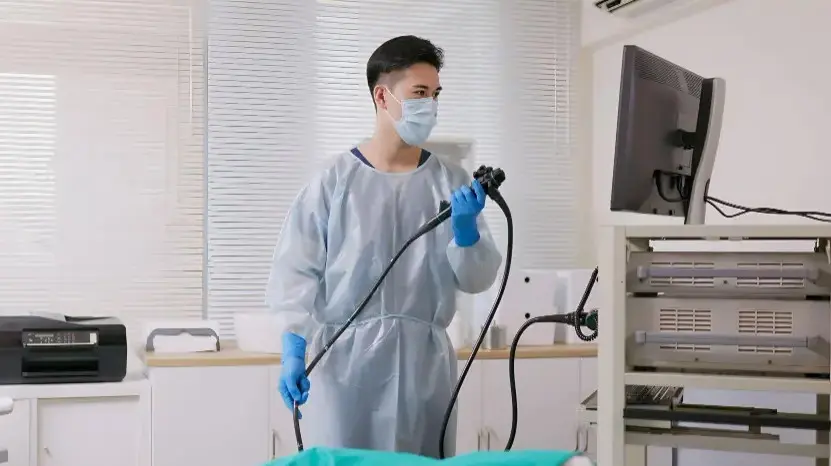Preventive health care plays a crucial role in maintaining digestive wellness and detecting conditions before they become serious. Two key procedures that are fundamental in gastrointestinal preventive care are endoscopy and colonoscopy. These diagnostic tools allow gastroenterologists to examine your digestive tract closely, identify early signs of disease, and provide timely treatment that can save lives.
What is an Endoscopy?
An endoscopy is a minimally invasive procedure that uses a flexible tube with a tiny camera, called an endoscope, to inspect the upper digestive tract, including the esophagus, stomach, and the beginning of the small intestine. This procedure is invaluable for diagnosing issues such as acid reflux, ulcers, inflammation, swallowing difficulties, and unexplained abdominal pain.
During an endoscopy, doctors can also take biopsy samples to test for infections, inflammation, or cancer. The procedure requires minimal preparation and is generally safe, with most patients able to resume normal activities shortly afterward.
Understanding Colonoscopy
A colonoscopy is a diagnostic exam that allows doctors to examine the entire colon (large intestine) and rectum using a similar flexible camera device called a colonoscope. It is essential in detecting colorectal cancer, precancerous polyps, diverticulitis, inflammatory bowel disease (IBD), and other abnormalities.
Colonoscopy not only helps with diagnosis but also serves as a preventive tool. Polyps, which are small growths on the colon lining, are often benign but have the potential to develop into cancer if left untreated. During the procedure, doctors can remove these polyps immediately, significantly reducing the risk of colorectal cancer.
Why Routine Screening Matters
Routine endoscopy and colonoscopy screenings are especially important for people over 50 or those with a family history of digestive cancers or chronic gastrointestinal diseases. Screening at recommended intervals can detect silent or early-stage conditions that have no noticeable symptoms but could lead to serious health issues if overlooked.
Regular screening with these procedures enables:
- Early detection and treatment of cancerous and precancerous conditions
- Identification of chronic digestive disorders such as Crohn’s disease and ulcerative colitis
- Monitoring of previously diagnosed conditions to prevent complications
- Relief from unexplained digestive symptoms through accurate diagnosis
Not sure if it’s time for your screening?
Benefits Beyond Diagnosis
On top of their diagnostic value, both procedures can improve patient outcomes by enabling personalized treatment plans. Early intervention improves the likelihood of successful treatment and reduces the need for more invasive procedures or extensive surgery.
Moreover, routine screening promotes peace of mind knowing that your digestive health is actively monitored by experts using the latest medical technology.
Preparing for Your Procedure
Proper preparation is key to a successful endoscopy or colonoscopy. Depending on the procedure, you may be advised to fast or follow a specific diet before the exam. For a colonoscopy, a bowel prep is required to clear the colon for optimal visualization.
Your healthcare provider at GI Solutions of Illinois will guide you through what to expect, how to prepare, and answer all your questions to ensure a comfortable and informed experience.
Conclusion
Routine endoscopy and colonoscopy are vital tools in preventive digestive healthcare. By catching issues early, these procedures help safeguard your health, enhance treatment options, and support better long-term gastrointestinal wellness.
Take charge of your health with confidence.
For expert care and personalized screening plans, contact GI Solutions today and take proactive steps toward protecting your digestive wellness.


